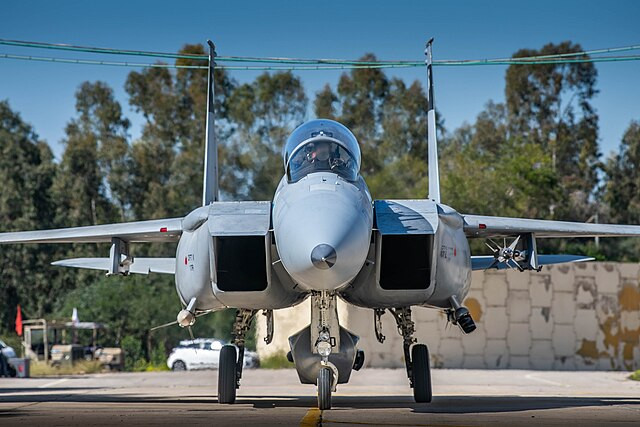Israeli airstrikes on southern Lebanon on Saturday killed at least two medics and injured several others, according to the Lebanese Health Ministry, marking another deadly escalation in the ongoing conflict between Israel and Hezbollah. The attacks targeted emergency response teams in the towns of Kfartebnit and Borj Rahal near Tyre, as well as areas in Beirut's southern suburbs. Two additional medics remain unaccounted for.
The Israeli strikes come at a critical juncture, as diplomatic channels attempt to broker a ceasefire. Lebanon's National News Agency reported that three areas in Beirut's Dayiyeh region, a Hezbollah stronghold, were struck by Israeli forces. Footage captured by various media outlets showed heavy smoke and extensive damage in the targeted neighborhoods. While the extent of casualties remains unclear, the strikes have intensified concerns about the escalating conflict.
Israel's military stated that the airstrikes were aimed at Hezbollah's "terrorist infrastructure," accusing the group of hiding military assets within civilian areas. The Israel Defense Forces (IDF) said evacuation orders were issued for several locations in advance of the attacks. This latest wave of airstrikes marks five consecutive days of Israeli assaults on southern Beirut.
The violence in Lebanon has been escalating since September, following cross-border attacks by Hezbollah in response to the Gaza conflict. Israeli military operations have expanded in recent weeks, with ground forces deployed in southern Lebanon to dismantle Hezbollah positions. The IDF claims its campaign is necessary to protect northern Israel and return displaced civilians to their homes.
Meanwhile, diplomatic efforts are underway to end the hostilities. U.S. Ambassador to Lebanon Lisa Johnson has presented a new ceasefire proposal to Lebanese officials. According to a source familiar with the discussions, the proposal is the first since a temporary truce fell apart in late September. The truce collapsed after Israel's assassination of Hezbollah leader Hassan Nasrallah in a major bombing in Beirut's southern suburbs. Lebanese officials are reportedly optimistic about the current proposal but await Hezbollah's response.
Hezbollah has continued to retaliate with rocket attacks on northern Israel. The IDF reported at least 60 projectiles crossing the border on Saturday. The conflict has led to significant casualties on both sides, with over 3,440 people reportedly killed in Lebanon since October of last year. Most of the casualties have been civilians, particularly in Hezbollah-controlled areas.
Lebanon's state-run National News Agency detailed multiple Israeli strikes on Saturday, including a raid on Tyre that targeted a neighborhood near UNESCO-listed ancient ruins. The Israeli military claimed its targets included a Hezbollah weapons storage facility and command center.
The heightened military activity has placed additional strain on ceasefire negotiations. Lebanese officials are hopeful that ongoing talks could yield a truce. "There is a possibility for resolution," a Lebanese official told CNN. However, it remains uncertain whether the intensified military strikes will facilitate or derail diplomatic efforts.
Israel's strikes have faced criticism for targeting civilian infrastructure. The Lebanese government and international observers have accused Israel of excessive use of force. Hezbollah's retaliatory attacks continue to exacerbate tensions, with projectiles regularly crossing into Israeli territory. The ongoing conflict underscores the fragility of any potential ceasefire.
In Gaza, Israel's military operations also continue. The IDF has targeted key locations in the north, including Jabalia and Beit Lahia, in an effort to dismantle Hamas's operations. The conflict has resulted in significant civilian displacement, with the UN estimating that over 100,000 people have fled their homes.




